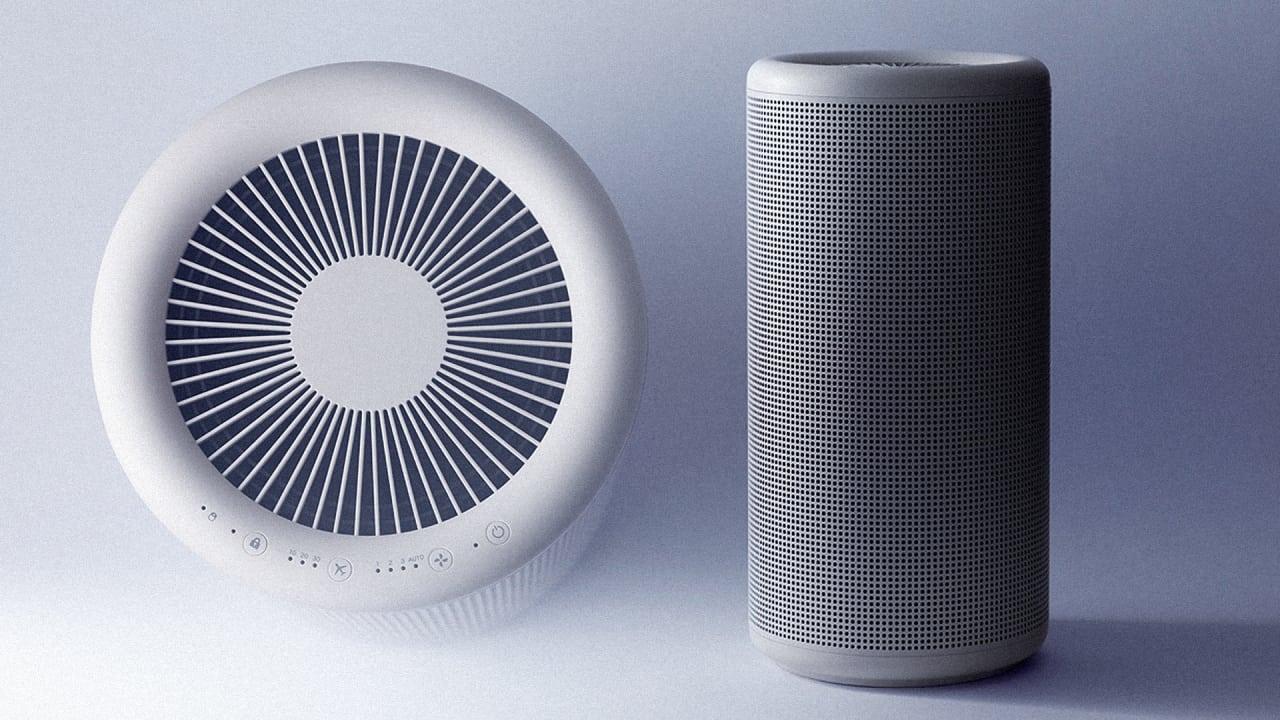A space heater is a cost-effective alternative to your central heating system for warming rooms and hallways. They’re ideal as a supplemental heat source, but should not be used as your primary heat source.
Select a heater that’s properly sized for the room you’re heating. Many models feature a general sizing table. Look for a safety feature that shuts off the heater when it overheats.
Cost-Effective Heating
A space heater can save energy costs when used wisely, especially in larger homes or in colder climates. However, using it to warm up only the room you are occupying isn’t necessarily cheaper than using central heat. It all depends on how long the heater runs and at what temperature, along with the cost of electricity in kilowatts per hour.
Many newer models of space heater offer programmable thermostat and timer functions that maximize the device’s efficiency. They also come with cool-touch housings to minimize the risk of children, pets, or other flammable objects accidentally burning themselves.
The best way to minimize energy costs with a space heater is to use it as a supplemental heating source and not as the primary heat. Improving overall home insulation and preventing drafts can help reduce the need for running the heater, while closing curtains or blinds at night can keep warm air inside the room. Also, by limiting the amount of time it is run and turning it off when leaving the room, you can further reduce energy consumption.
Warming Up a Single Room
One of the best features about space heaters is that they allow you to heat only the room or area you are occupying. This works especially well if you want to keep the thermostat turned down to limit your energy consumption, or if you and someone else prefer different temperatures.
Look for a model that includes a timer so you can set the exact time when you want it to turn off. This feature can also help you save energy because you won’t have to worry about turning it on and off throughout the day.
Many models come with a safety shut-off switch that automatically turns off the device when it overheats internally. This can prevent a fire hazard, especially in households with young kids or pets. It’s also a good idea to keep your space heater on a hard, level surface and at least 3 feet away from curtains and other combustible materials. You should also maintain a buffer zone of about 3 feet around the heater to ensure that kids or pets do not accidentally burn themselves on objects in the vicinity.
Creating Your Own Personal Comfort Zone
Unlike centralized heating systems that spread warm air throughout the entire house, space heaters are designed to warm up a single room. This allows you to set the temperature and create your own personal comfort zone without disrupting anyone else’s sleep or putting them in discomfort.
For added convenience, select models offer a remote control and multiple heat settings. Some have an energy saver setting that helps lower utility bills. Others also have a fan-only mode for circulating cool air.
Look for a space heater with a UL (Underwriters Laboratory) or CSA (Canadian Standards Association) mark of approval, as these are the most recognized independent safety certifications in North America. For increased peace of mind, choose one with a tip-over switch and overheat sensor to minimize fire hazards. Also, make sure the unit is on a hard, level surface and is at least 3 feet away from combustible materials, such as curtains or fabrics. In addition, always keep children and pets at a safe distance from the unit.
Keeping Your Cold Feet at Bay
With a little care, a space heater is an effective way to warm up your feet and make it easier to endure cold temperatures. But it’s important to remember that these units are designed only as supplemental heat sources and should never be left unattended. They should also be kept at least three feet away from flammable materials such as curtains and fabrics.
Look for a unit with safety features, including a tip-over cut-off switch and an overheating sensor that shuts off the heater when it gets too hot. And don’t plug a space heater into an extension cord, but directly into a wall outlet. Extension cords draw too much power and can cause overheating or even a fire.
Also be sure to keep children and pets away from the space heater, even when it’s off. And, of course, don’t leave it unattended while you’re sleeping or out of the room. Also, if you’re using it in the bathroom, look for one that’s bathroom-safe and has built-in moisture controls.

